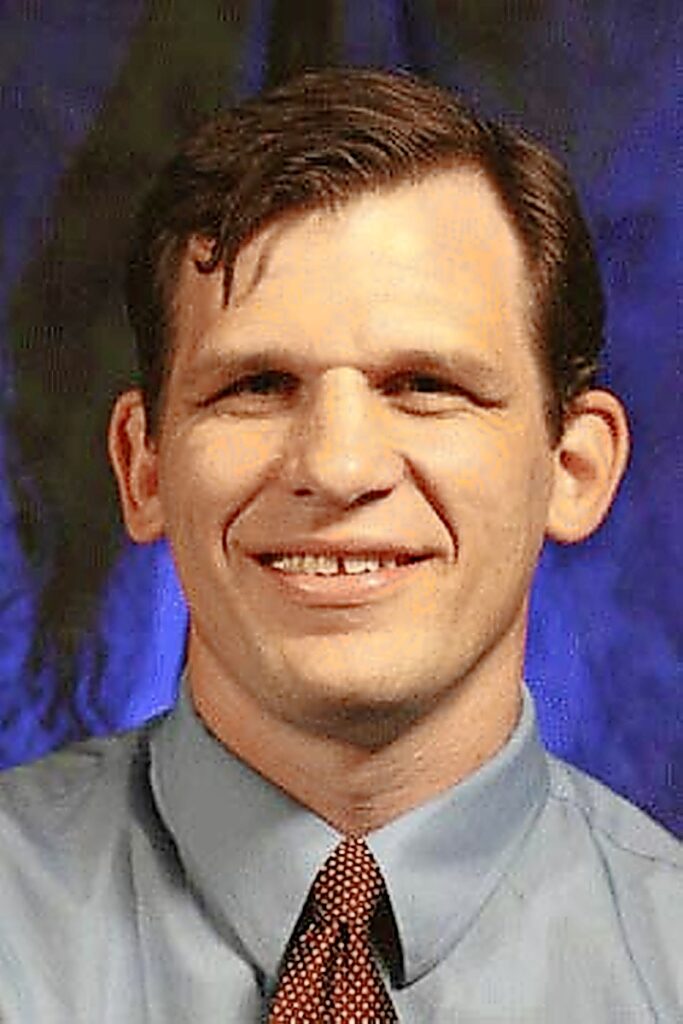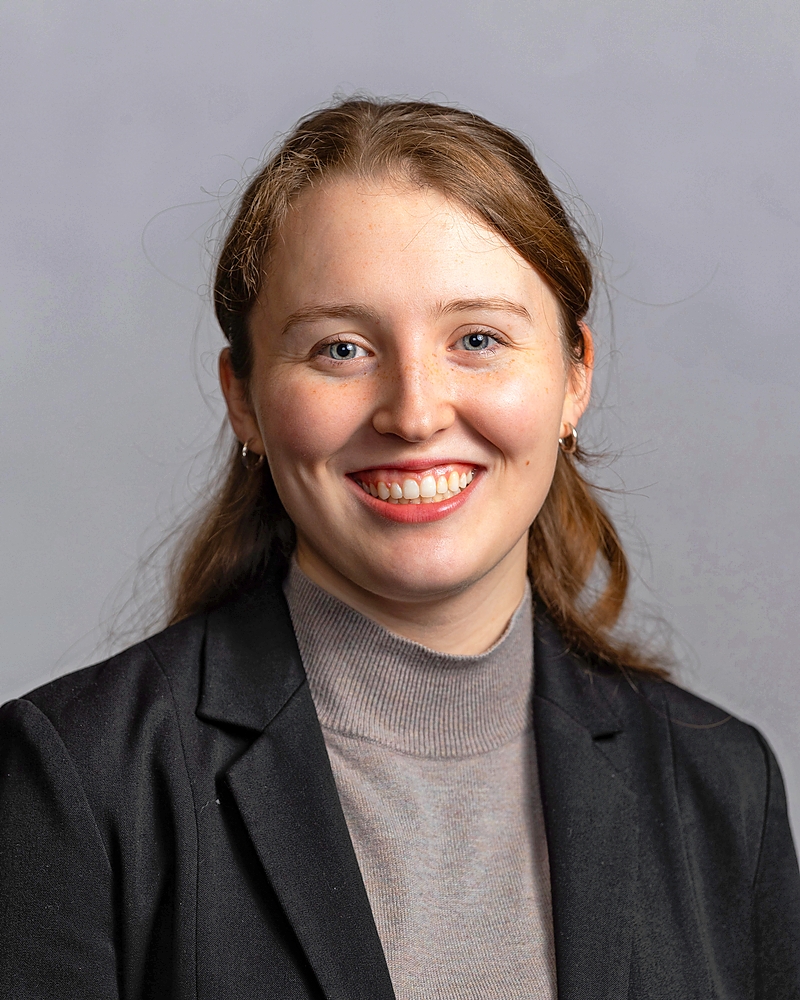Real-World Lessons
By Mark Loehrke
January 2024 View more 630
Naperville students see class projects transformed into state legislation

Every teacher has heard the same refrain invoked by students down through the ages: “When am I ever going to use this in the real world?” And while providing a good answer to this perpetual query wasn’t necessarily the driving motivation behind Seth Brady’s work to help launch the Illinois Global Scholar program, the Naperville Central High School social studies teacher is happy it did just that.
Starting almost a decade ago, Brady and his colleague Randy Smith—with the eventual help of dozens of students, teachers, higher education professionals, and a variety of business and nonprofit partners—shepherded legislation through Springfield that led to the creation in 2017 of the Illinois Global Scholar certificate, which over the ensuing years has been awarded to students who demonstrate high levels of global competence through coursework, service learning, dialogue, and the completion of a capstone project.

—NCHS teacher Seth Brady
In this final piece, students must come up with a compelling question that relates to a global issue and is actionable, then work on an answer to that question by conducting research and connecting with experts who are familiar with both the issue and its context. “By asking an actionable question, the expected output is not just to learn about the issue, but to take real action in the real world to effect change for the common good,” Brady explains. “This reorients students to the issue in ways that go way beyond ‘typical school.’ It is a much different thing to create something for your teacher than it is to create something that will be reviewed by real experts and will be used to effect measurable change in the real world.”
Recently, three of Brady’s students were able to work with governmental leaders—including Kimberly Lightford, Carol Ammons, Janet Yang-Rohr, Laura Elman, and Blaire Sherlock—to see their projects transformed into state legislation.
An initiative from Lelia Peradotti (now a freshman at Mount St. Mary’s University in Los Angeles) focused on the global flow of fentanyl and resulted in two laws—one that requires students to learn about the dangers of fentanyl as part of their high school health class and another that requires high schools to provide lifesaving naloxone. Both are set to take effect at the start of the 2024–25 school year.

— student Darby Elo
Current NCHS senior Javen Oswald’s project dealt with racial and ethnic disparities in high school honors programs and inspired a bill that would provide information to school districts to better understand how resources are allocated across honors/AP, college prep, language learners, and special education classes (set to take effect in 2027).
Finally, Darby Elo’s project was inspired by a friend of hers who had severe allergies, leading to a bill that mandates all Illinois high schools teach students about allergic reactions and how to use an EpiPen in emergencies (also set to take effect at the start of the 2024–25 school year). “As I was researching allergies, I realized how much I didn’t initially know, and I thought it was important to understand how to respond to such a common problem,” says Darby, who began developing her idea for a bill during the second semester of junior year and is now a freshman political science and Spanish double major at Indiana University. “While the allergen bill ultimately received bipartisan support, it was nerve-racking to realize it could die at any point and all the work would be for nothing. But when it was finally turned into actual legislation it was incredibly exciting, especially since it will impact students across Illinois.”
That sense of realization and purpose—not to mention the understanding that education can indeed be applied to the “real world”—are what give Brady such a sense of satisfaction. “Seeing students move from learning about an issue to actually working to take action to effect change is an incredible feeling,” says Brady, who is one of five public educators across the country to receive the 2024 Horace Mann Award for Teaching Excellence. “The world Generation Z is inheriting is one filled with problems that seem insurmountable. If we are to address these problems, we need a whole generation of actors. And though a new law that improves the world is an incredible outcome, what is most meaningful to me is that students know their own power to act and leave my class with a disposition that compels them to continually improve their communities—locally and globally.”
Photos: Illinois State Board of Education (Seth Brady); Darby Elo. Illustrations: iStock


